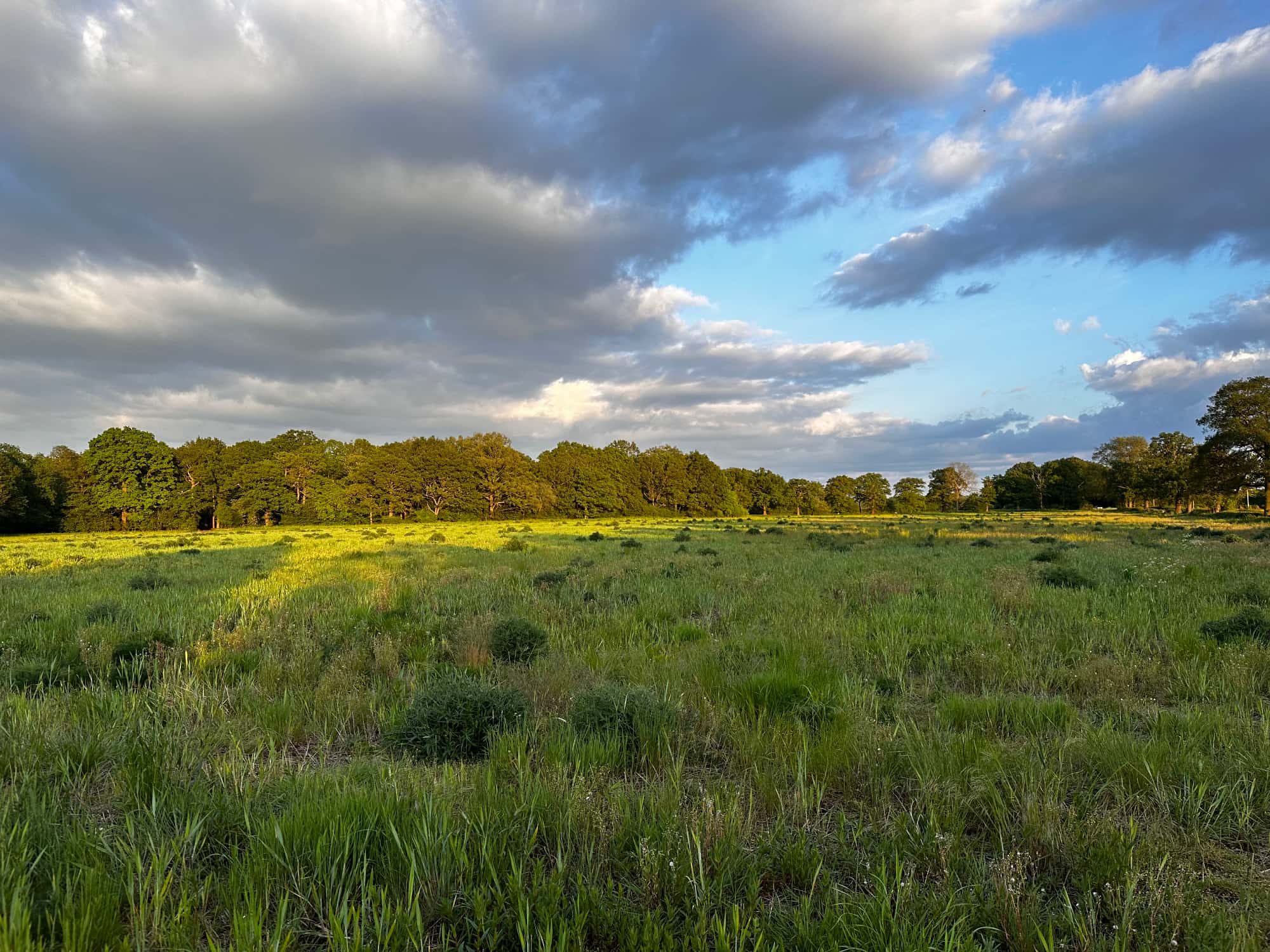Packington Estate ESG Policy 2025

Developing and maintaining an ESG (Environmental, Social, and Governance) strategy for a country estate involves considering various unique contexts, including historical aspects as well as the cultural significance of such properties, and their custodianship; past, present, and future, to preserve these locations for future generations to come, across all the three aspects of such an initiative.
Packington Estate has four overarching pillars that drive the spirit and principles of the Estate and provide the building blocks for all the Estate’s businesses, operations and projects. These four pillars are Stewardship, Sustainability, Wellbeing and Restoration.
The Estate is in a transitional phase moving away from more traditional, methodologies of Estate management to a progressive strategy, in line with current business practises and procedures. Much of the Estate is undergoing such an evolution to more sustainable operations. This covers every venture and project, from Estate stewardship all the way through to the Board Room.
Packington’s ESG policy is bolstered by its actionable and tangible achievements, framed and guided by the United Nations Sustainable Development Goals (the SDGs or Global Goals). We all know that big global challenges need bold action, from every corner. This initiative was unanimously voted into being by all of the 197 member Nations of the United Nations, and this was formalised with an Act named Resolution Agenda 30, to build a greener, fairer, better world by 2030 and everyone has a role to play in helping achieve these Global Goals. Packington Estate is utilising the SDGs across the Estate as a guideline to set out its pathway for all future prospects and developing over time, an equitable, sustainable, biodiverse, conscientious, and healthy future.










